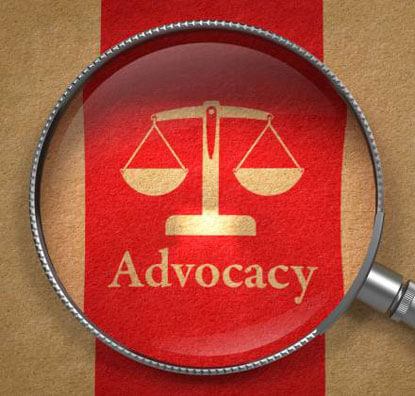Summary: A new law has passed in San Francisco that will allow consumers to offer rental services to guests.
Short-term vacation rental company Airbnb may soon be operating in San Francisco. The San Francisco Board of Supervisors voted 7-4 on Tuesday to legalize short-term rentals, including a requirement that hosts who use the service will collect taxes just as hotel operators do. Should Mayor Ed Lee approve the proposal, home-sharing will become legal in the city.
The law was proposed by Board President David Chiu in April. The statute lays out a framework for this area of the sharing economy, including a registry for all hosts and rules about who is allowed to provide guests a place to stay. The law has been a hot topic in the Bay area for months.
Chiu said, “Everyone agrees that the status quo is not working. We have seen an explosion of short-term rentals without any regulatory or enforcement structure to handle this new activity…this is a balanced, reasonable approach.”
California Senator Dianne Feinstein argued against the legislation in an op-ed in the San Francisco Chronicle on Monday. The piece revived arguments against the law, including whether a limit should be included that would allow a maximum of 90 days of rentals per year (to maintain the “residential character” of neighborhoods), or requiring that hosts pay back taxes before the law becomes effective.
Both suggestions for amendments failed. Feinstein called the back tax requirement “commonsense,” and others argued that the companies should have collected and remitted hotel taxes from their inception. Those against the back tax amendment stated that arguing over back taxes could lead to long-winded legal battles, and added that the city could not risk waiting to regulate the rentals. Plus, these companies are expected to provide an extra $11 million per year to the city.
Those in opposition to the 90-day limit argued it would limit the amount of earnings to those who may rely on the rentals to maintain their residence in San Francisco. Prior to the passing of this law, the city forbade rentals for less than 30 days to preserve rentals for full-time San Franciscans.
Now, residents will be able to rent out their primary residences. This measure is to prevent landlords who withheld apartments from the market to rent them on similar platforms, which limits the availability of apartments to long-term residents.
Chiu noted that Airbnb fought many parts of the final version of the legislation, including the tax-collection requirement and an insurance requirement. “No one got everything they wanted,” he explained. Renters must follow their existing contracts, and the new law will not supersede a lease that prevents someone from renting out their apartment. However, it will protect them from being evicted on a first offense.
On Tuesday, supporters of the new law gathered in the hearing room and cheered after it passed. Supervisor Scott Wiener said, “This is about real, live people of San Francisco who rely on home-sharing…to put a new roof on their house, to put their kids through college. What we’re doing is allowing people to actually make ends meet.”
Photo credit: worldatlas.com















































